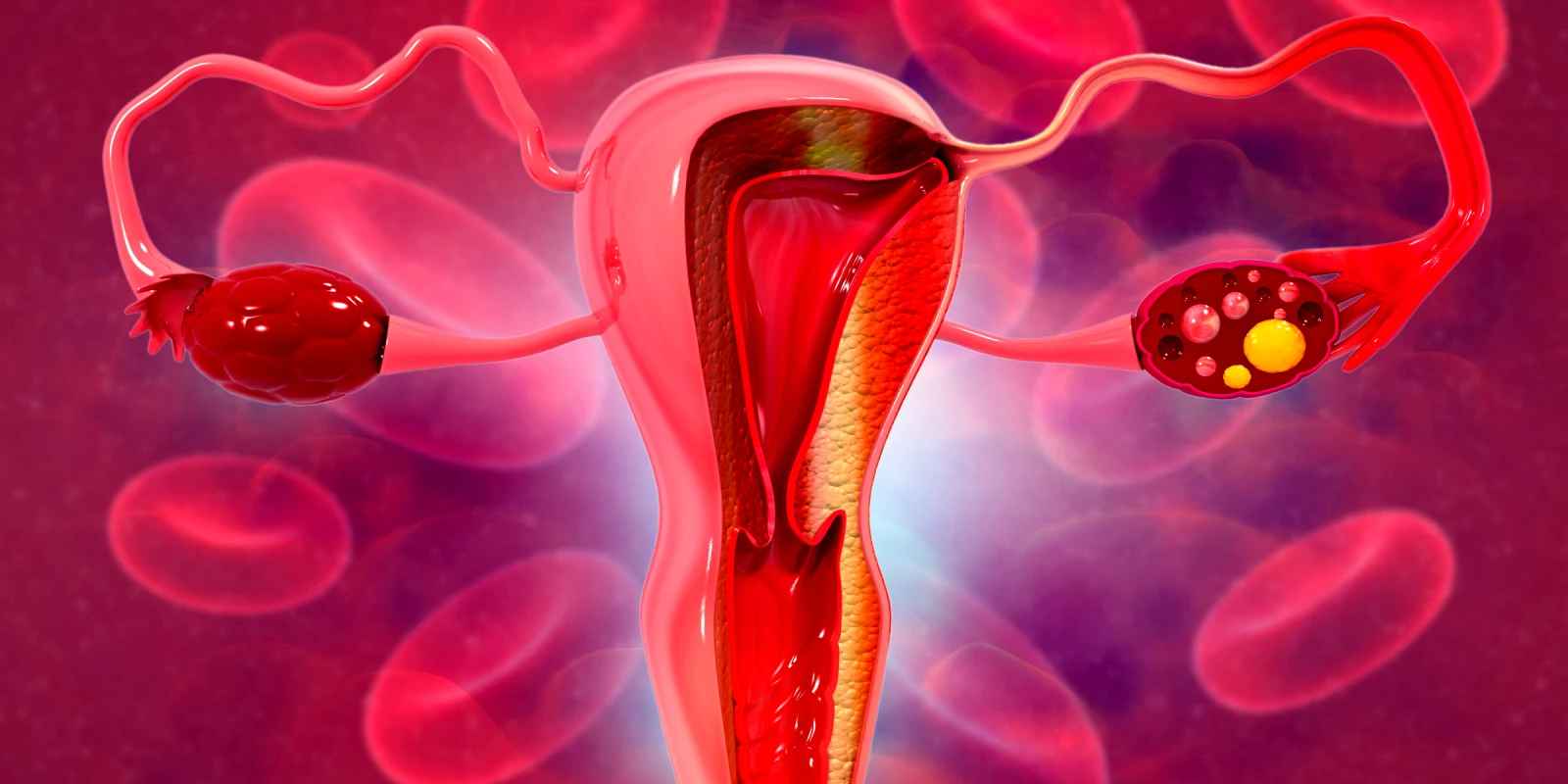Dr. Amanda Williams is a 2020–2021 Doximity Research Review Fellow. Nothing in this article is intended nor implied to constitute professional medical advice or endorsement. The views expressed in this article are those of the author and do not necessarily reflect the views/position of Doximity.
A recent study brought attention to a topic that unfortunately does not receive much recognition, despite being an issue that many clinicians see impacting patients. Menstrual hygiene is an important component of women’s health. In 2019, Kulhmann et al. conducted 183 interviewer-administered surveys and three focus group discussions with low-income women, as well as 18 surveys of community organizations. In both content and in method, the results produced a particularly strong assessment of the menstrual hygiene needs of low-income women in the U.S.
In medicine, randomized controlled trials are not the only studies that are worthwhile and important. Focus groups, for example, are especially useful in identifying needs, common experiences, or perspectives. They are appropriate in projects like this, when the desired information isn’t straightforward, and when experiences may be shaped by the environment. Being in a group of people with potentially similar experiences can make it easier to share, especially regarding sensitive topics. Participants can also build upon others’ comments, increasing the breadth of discussion. (Of course, susceptibility to bias is a potential drawback, as group members can be swayed by dominant participants or perceived social desirability. Here, the authors minimized the risk by using female interviewers and conducting all interviews and focus groups in private spaces.)
In addition to the strength of the methodology, Kuhlmann et al. also achieved a 100% participation rate in focus groups and individual surveys. Although partially explained by compensation ($20 in cash or gift card), the impressive participation rate is also a testament to the significance of unmet menstrual hygiene needs. The details of these women’s experiences are striking. Two-thirds of the study participants had relied on donations at some point, a few reported ER visits to get supplies, and a few others mentioned stealing out of desperation. Over one-third of employed women reported missing 1–2 days of work per month due to their period. One-third of women had used something other than pads or tampons (e.g., strips of cloth, rags, tissues, toilet paper, paper towels, children’s diapers, and adult incontinence diapers). Notably, of the 18 organizations that completed the electronic survey, only 13 provided menstrual hygiene products to clients, and nine reported that products were only available intermittently.
We have a responsibility to respond to this public health crisis. From a policy standpoint, this issue has been gaining more traction, with occasional national reporting on the “tampon tax.” There are also increasing numbers of donation programs; even federal prisons, as well as some state facilities, have started providing products at no charge, though the reality is that many women in prison still have to find the money for these products while incarcerated.
It is important that we as women’s health care providers recognize barriers to adequate menstrual hygiene. Given that lack of access is a potential insult to women’s health and dignity, and can create significant social and economic strain, we should be among those advocating for improvement.
Dr. Williams completed her undergraduate training at the University of Notre Dame in 2013 after majoring in physics. She then went on to medical school in Chicago and is now in her final year of ob/gyn residency in Houston, Texas.
Image by Explode / Shutterstock





